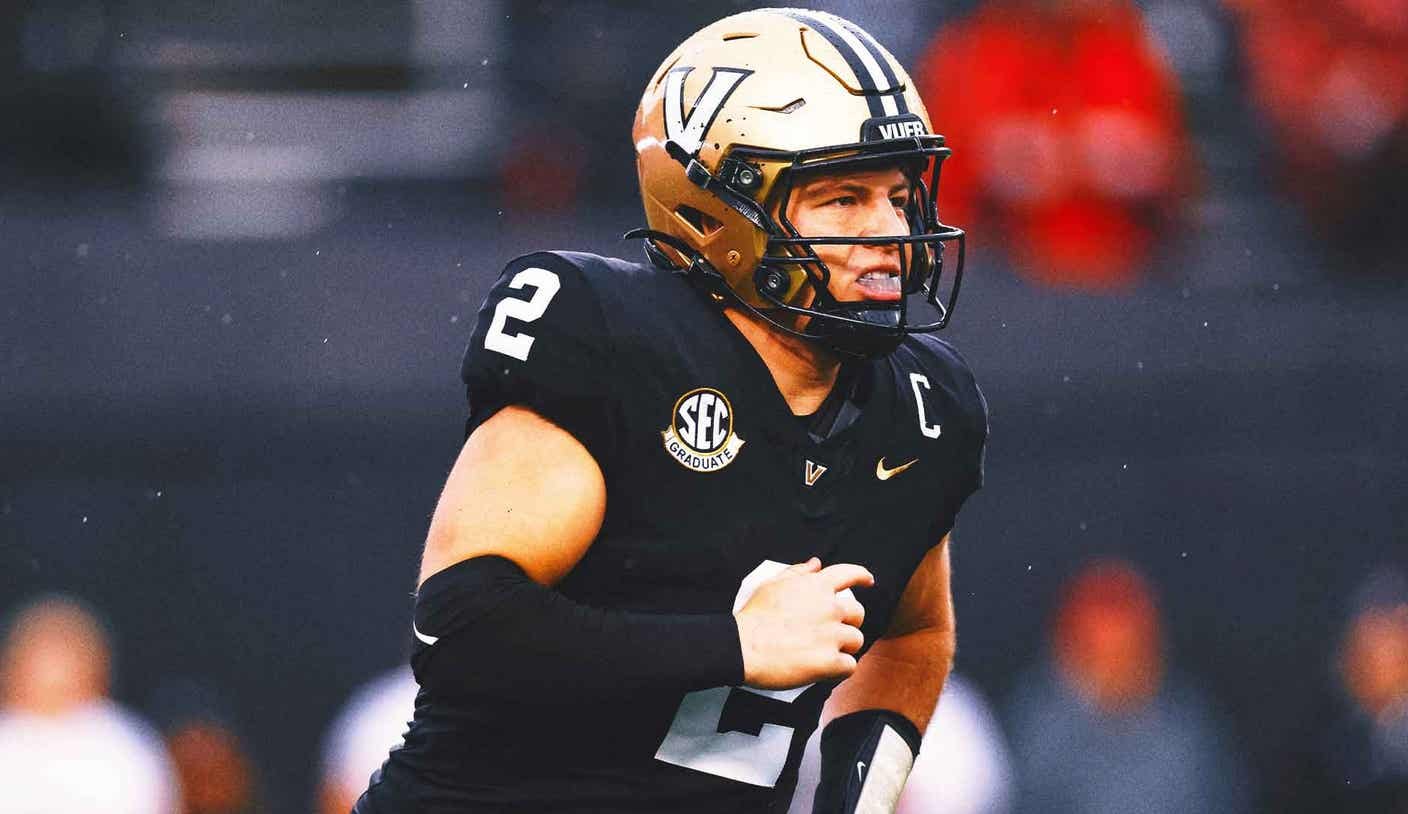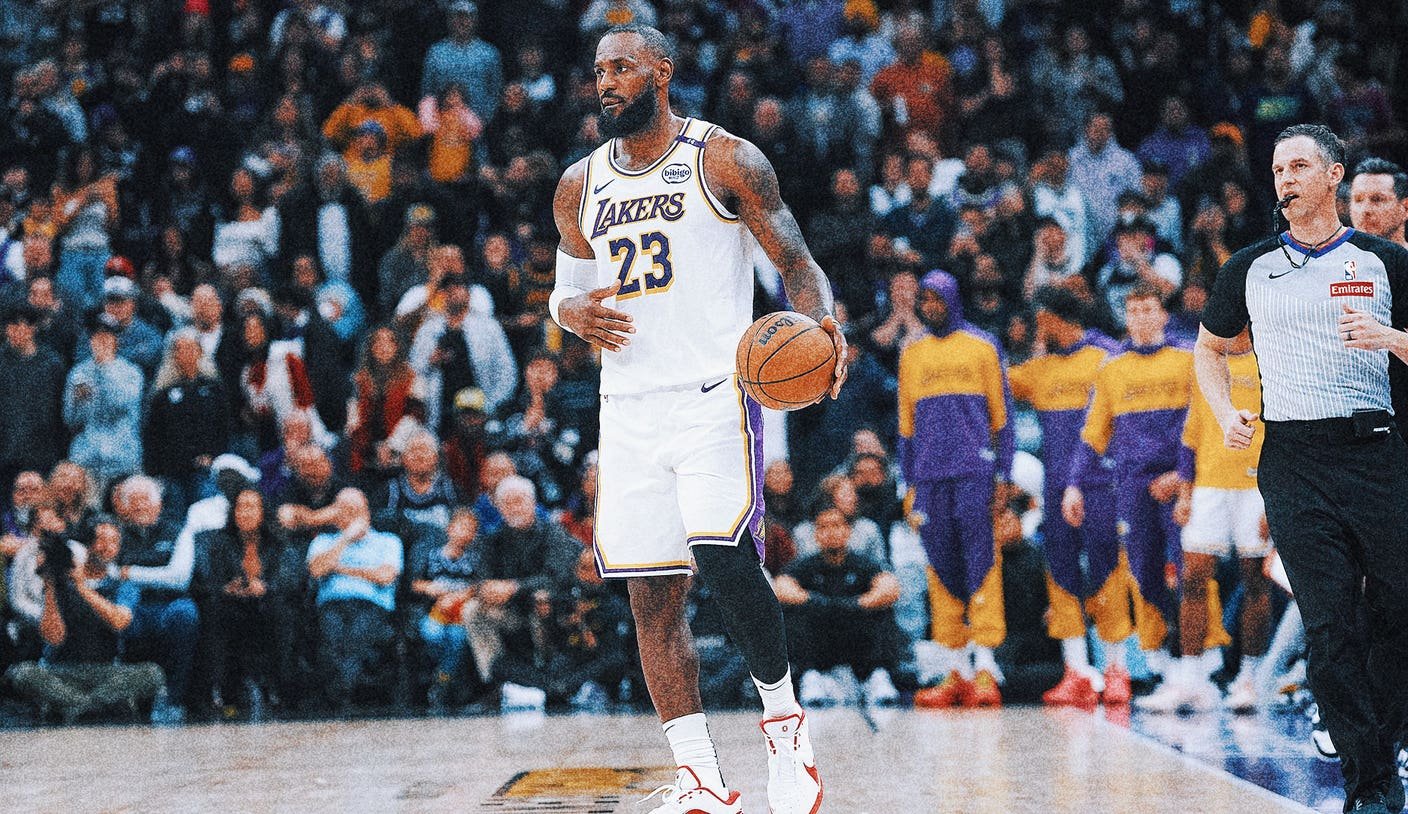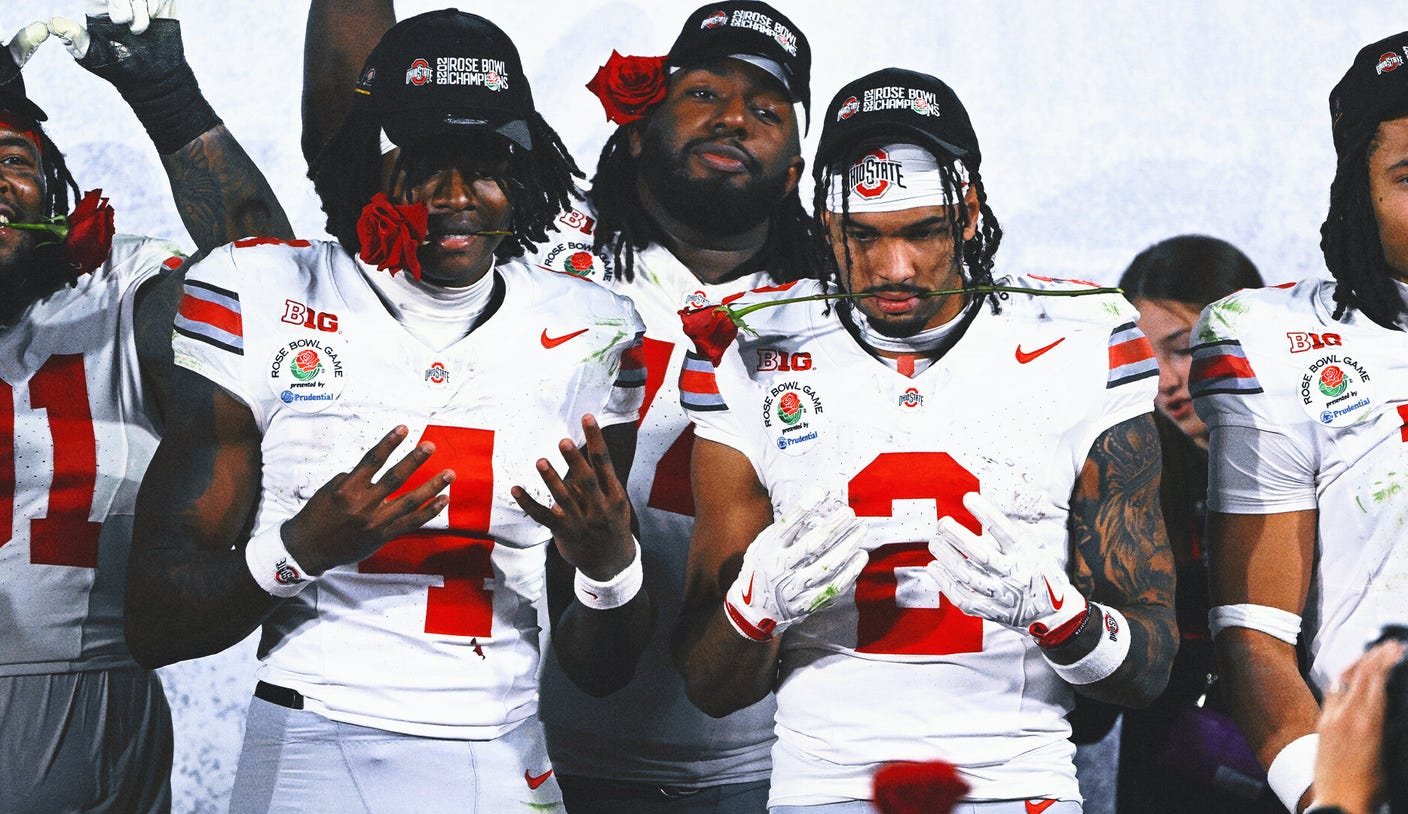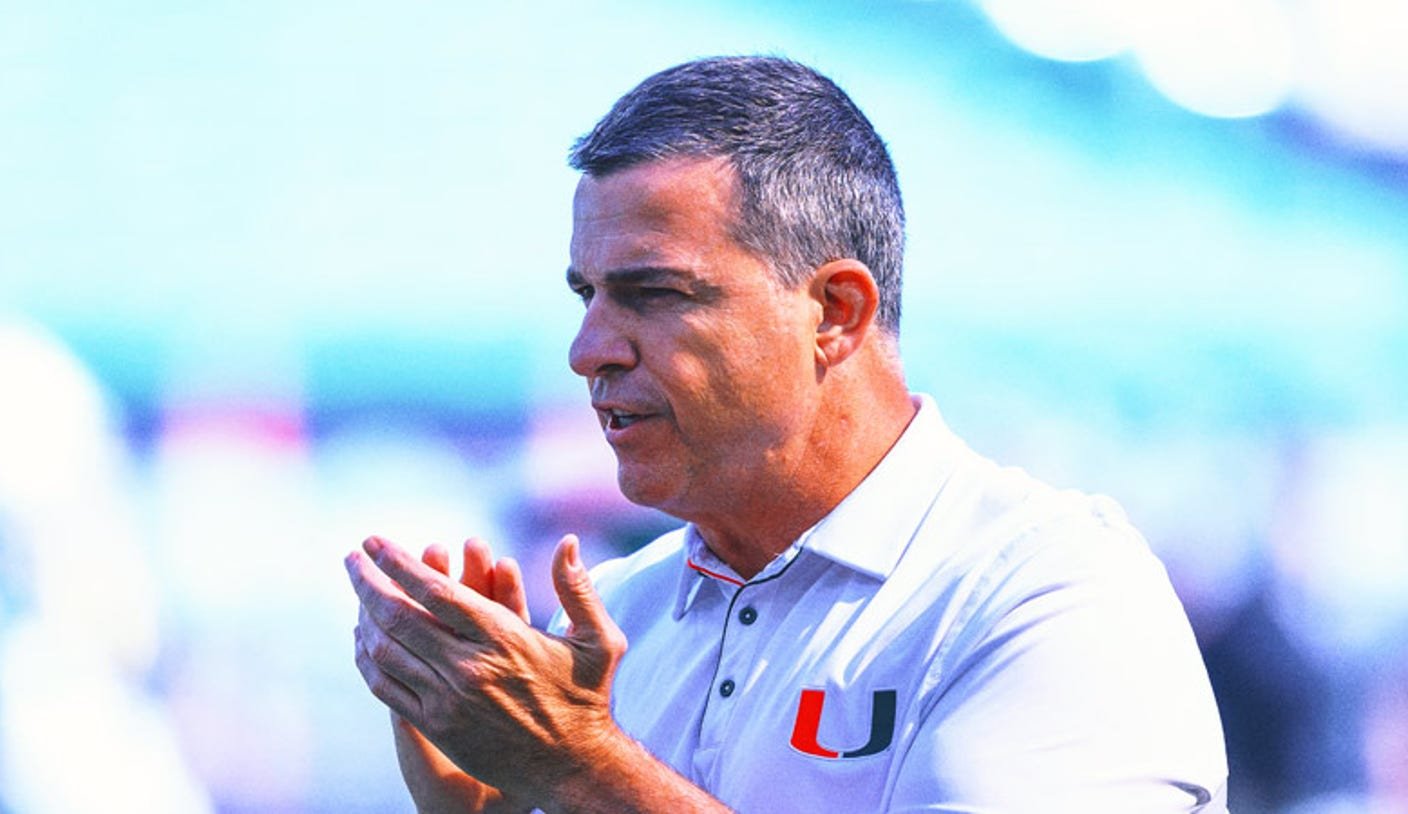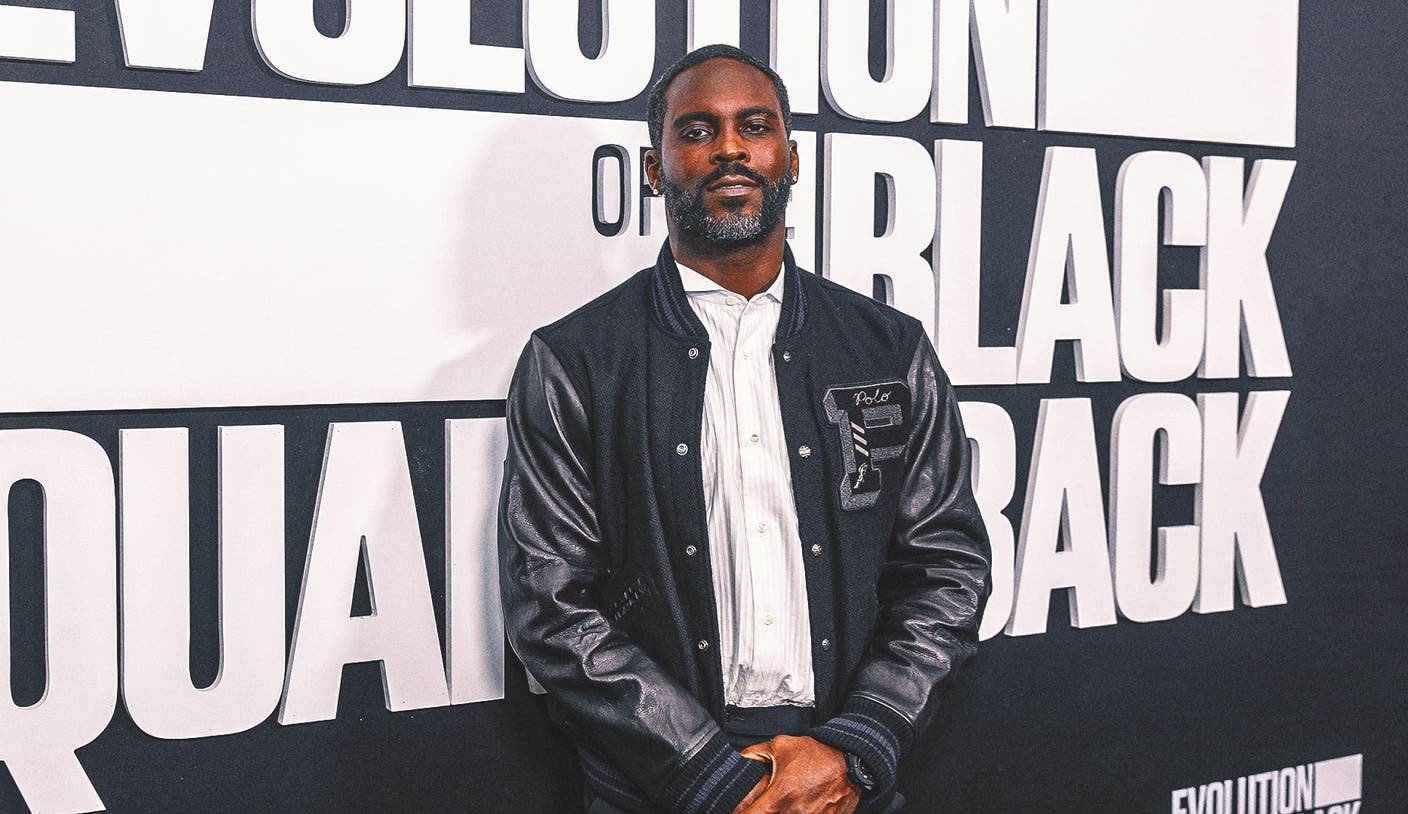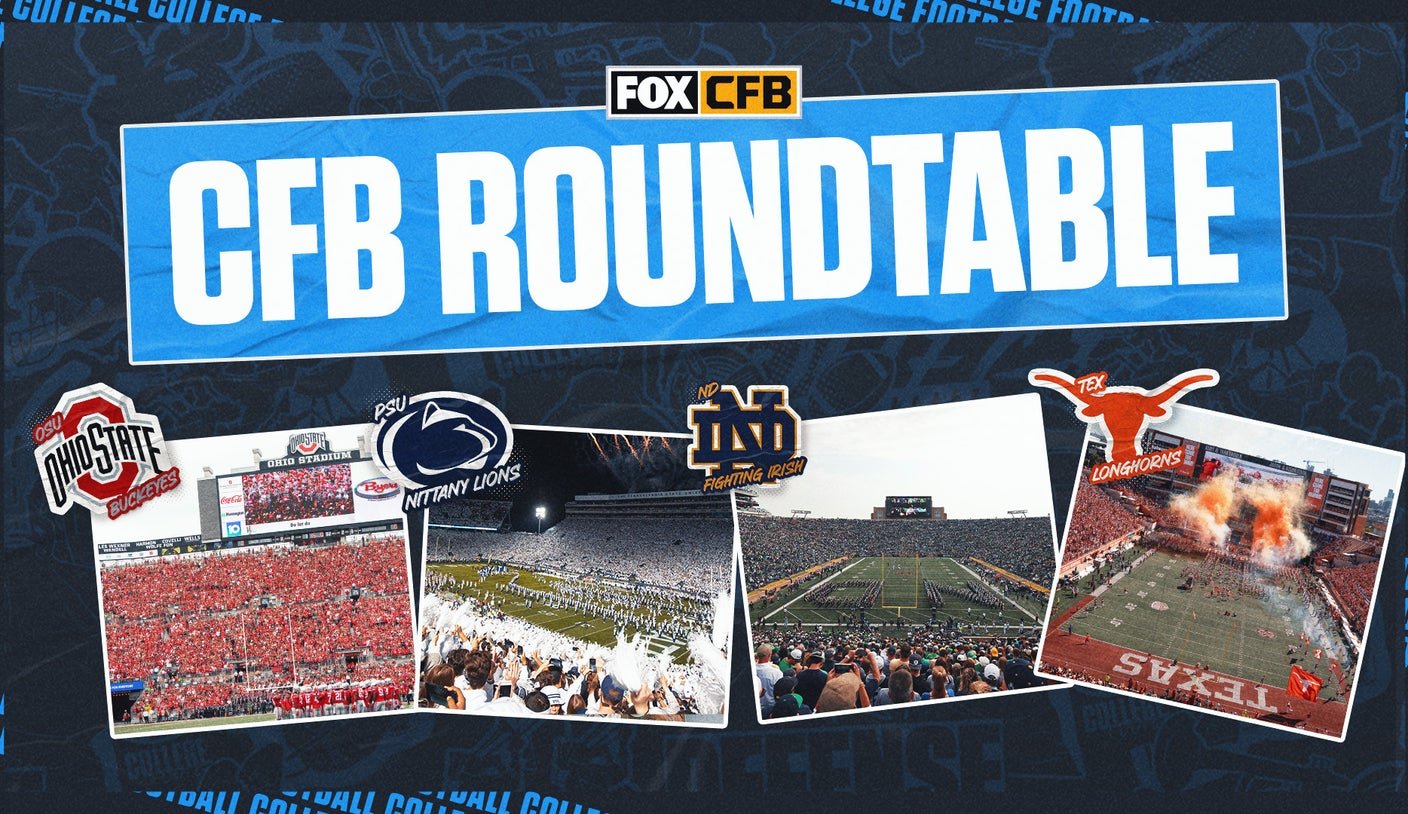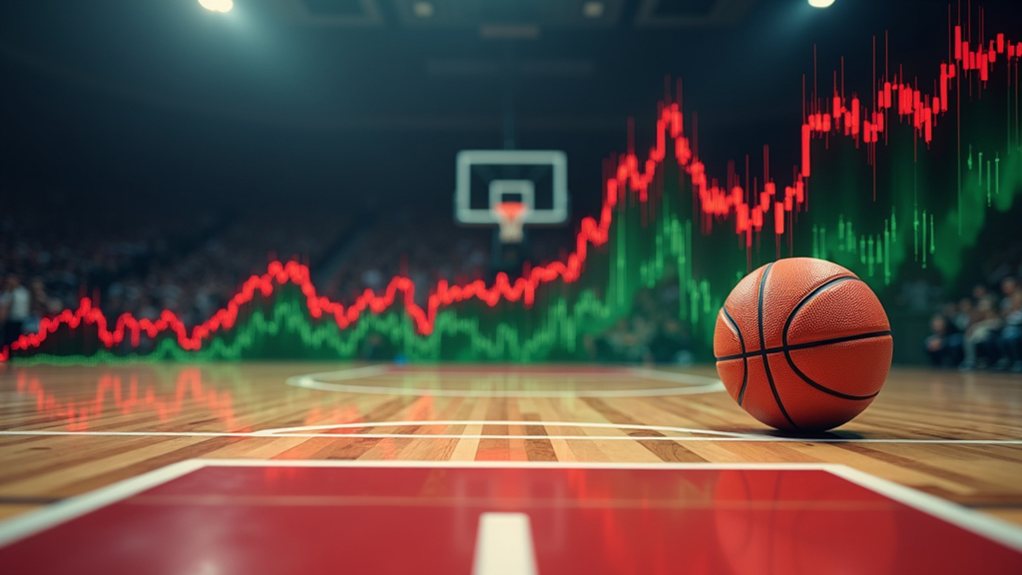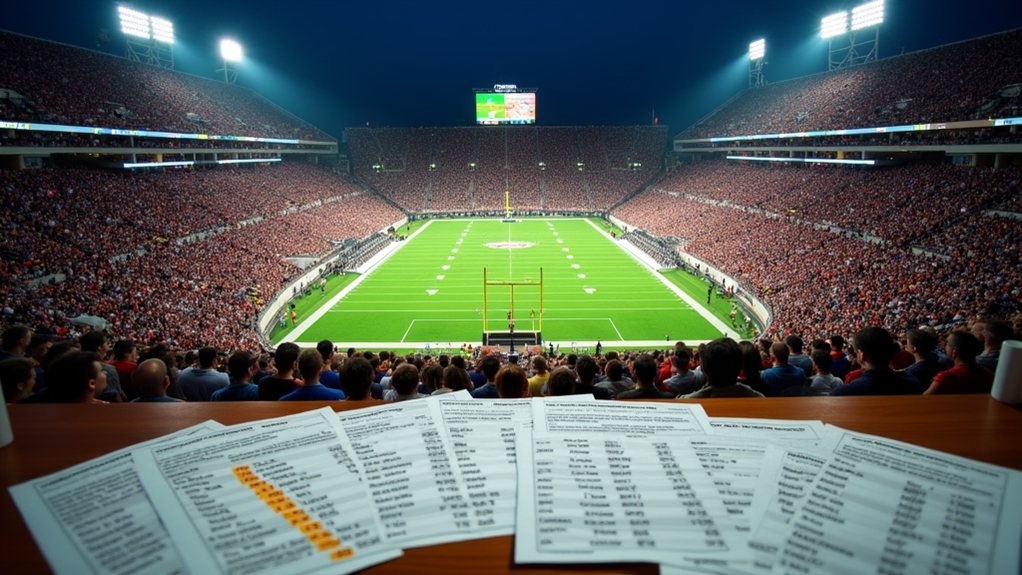The NCAA appeals Diego Pavia’s lawsuit while simultaneously granting a waiver for junior college athletes, allowing them to compete in the 2025-26 season. This decision follows the recent ruling by a U.S. federal judge that favored Pavia, the Vanderbilt quarterback, in his quest for an additional year of eligibility.
On December 18, U.S. District Judge William L. Campbell issued a preliminary injunction specifically for Pavia, asserting that he is likely to prevail in his claim that the NCAA’s eligibility rules violate the Sherman Act. This ruling highlights the discrimination faced by athletes like Pavia, who spent two years at a junior college before transferring. The judge also restricted the NCAA from penalizing Vanderbilt or any institution Pavia represents during his potential fifth season.
In response to these developments, the NCAA’s Division I Board of Directors and Council initiated a review of eligibility criteria last June, aiming to develop a framework that can endure legal challenges. This review is part of a broader effort to modernize collegiate sports and ensure fair treatment for all student-athletes.
According to the NCAA’s statement, “That review already resulted in action to modernize collegiate sports.” The organization is committed to discussing these changes during their governance meetings scheduled for January.
Judge Campbell pointed out that the current NCAA bylaws unfairly render Pavia ineligible for Division I football in 2025 solely because of his junior college background. He expressed skepticism towards the NCAA’s rationale that limits athletes who begin their careers at junior colleges to three or four years of eligibility. In contrast, prep school athletes do not face the same restrictions, even when competing against junior colleges.
The judge also reflected on the evolution of NCAA eligibility rules, noting the historical shift from prohibiting freshmen from playing to the introduction of redshirt regulations. He suggested that Pavia has a strong case under the Sherman Act, as the NCAA’s limitations on junior college athletes could be deemed “restraints on trade with substantial anticompetitive effects.”
Pavia’s legal action, initiated on November 8 in the U.S. District Court for the Middle District of Tennessee, seeks an additional playing season. He is also pursuing a master’s degree in legal studies at Vanderbilt, starting in January. Pavia is set to lead the Commodores (6-6) in the Birmingham Bowl against Georgia Tech this Friday, adding further excitement to his ongoing journey.
